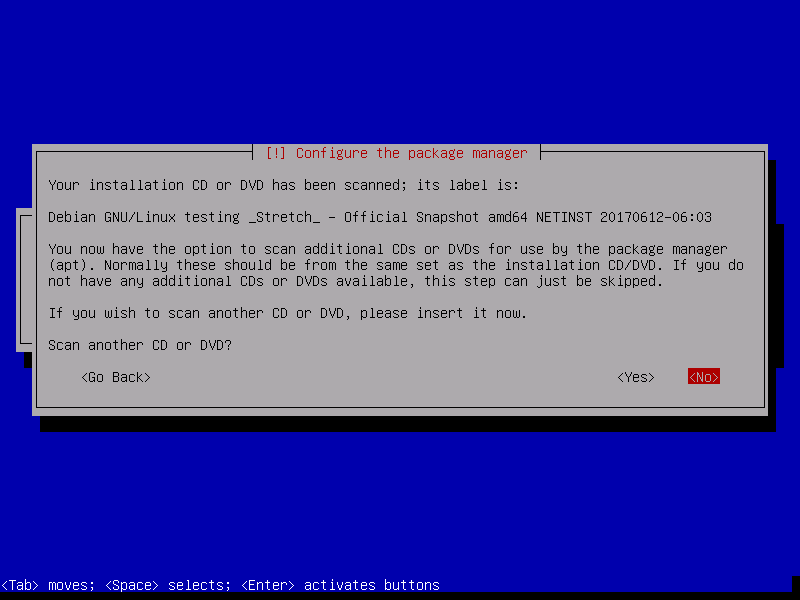Install Debian Package From Source
News for the Open Source. For example to install software in debian based distributions you will use apt-get. Insert password to install any package. Install Full Kernel Source on Debian. Which can extract a Debian source package and. To install full kernel source, the Debian way described above.
Type Description Default Location Setting home Kibana home directory or $KIBANA_HOME /usr/share/kibana bin Binary scripts including kibana to start the Kibana server and kibana-plugin to install plugins /usr/share/kibana/bin config Configuration files including kibana.yml /etc/kibana data The location of the data files written to disk by Kibana and its plugins /var/lib/kibana optimize Transpiled source code. Free Workshop Manual For Peugeot 106 S16 on this page. Certain administrative actions (e.g. Plugin install) result in the source code being retranspiled on the fly.
/usr/share/kibana/optimize plugins Plugin files location. Each plugin will be contained in a subdirectory.

The Debian GNU/Linux FAQ - Basics of the Debian package management system [ ] [ ] [ ] [ ] [ ] [ ] [ ] [ ] [ 7 ] [ ] [ ] [ ] [ ] [ ] [ ] [ ] [ ] [ ] [ ] The Debian GNU/Linux FAQ Chapter 7 - Basics of the Debian package management system This chapter touches on some lower level internals of Debian package management. If you're interested mainly in usage of the relevant tools, skip to chapters and/or. 7.1 What is a Debian package? Packages generally contain all of the files necessary to implement a set of related commands or features. There are two types of Debian packages: • Binary packages, which contain executables, configuration files, man/info pages, copyright information, and other documentation.

These packages are distributed in a Debian-specific archive format (see ); they are usually characterized by having a '.deb' file extension. Binary packages can be unpacked using the Debian utility dpkg (possibly via a frontend like aptitude); details are given in its manual page. • Source packages, which consist of a.dsc file describing the source package (including the names of the following files), a.orig. Free Msp Codes Generator Northern. tar.gz file that contains the original unmodified source in gzip-compressed tar format and usually a.diff.gz file that contains the Debian-specific changes to the original source. The utility dpkg-source packs and unpacks Debian source archives; details are provided in its manual page. (The program apt-get can be used as a frontend for dpkg-source.) Installation of software by the package system uses 'dependencies' which are carefully designed by the package maintainers. These dependencies are documented in the control file associated with each package. For example, the package containing the GNU C compiler ( gcc) 'depends' on the package binutils which includes the linker and assembler.
If a user attempts to install gcc without having first installed binutils, the package management system (dpkg) will send an error message that it also needs binutils, and stop installing gcc. (However, this facility can be overridden by the insistent user, see dpkg(8).) See more in below. Debian's packaging tools can be used to: • manipulate and manage packages or parts of packages, • administer local overrides of files in a package, • aid developers in the construction of package archives, and • aid users in the installation of packages which reside on a remote FTP site. 7.2 What is the format of a Debian binary package? A Debian 'package', or a Debian archive file, contains the executable files, libraries, and documentation associated with a particular suite of program or set of related programs. Normally, a Debian archive file has a filename that ends in.deb.
The internals of this Debian binary packages format are described in the deb(5) manual page. This internal format is subject to change (between major releases of Debian GNU/Linux), therefore please always use dpkg-deb(1) if you need to do lowlevel manipulations on.deb files. 7.3 Why are Debian package file names so long? The Debian binary package file names conform to the following convention: _-_.deb Note that foo is supposed to be the package name. Checking the package name associated with a particular Debian archive file (.deb file) can be done in one of these ways: • inspect the 'Packages' file in the directory where it was stored at a Debian FTP archive site. This file contains a stanza describing each package; the first field in each stanza is the formal package name.